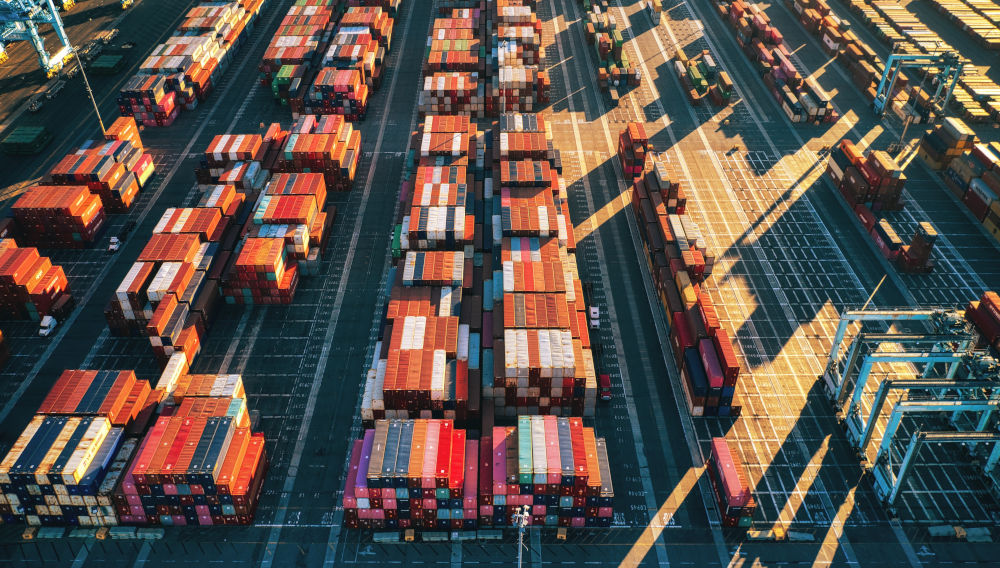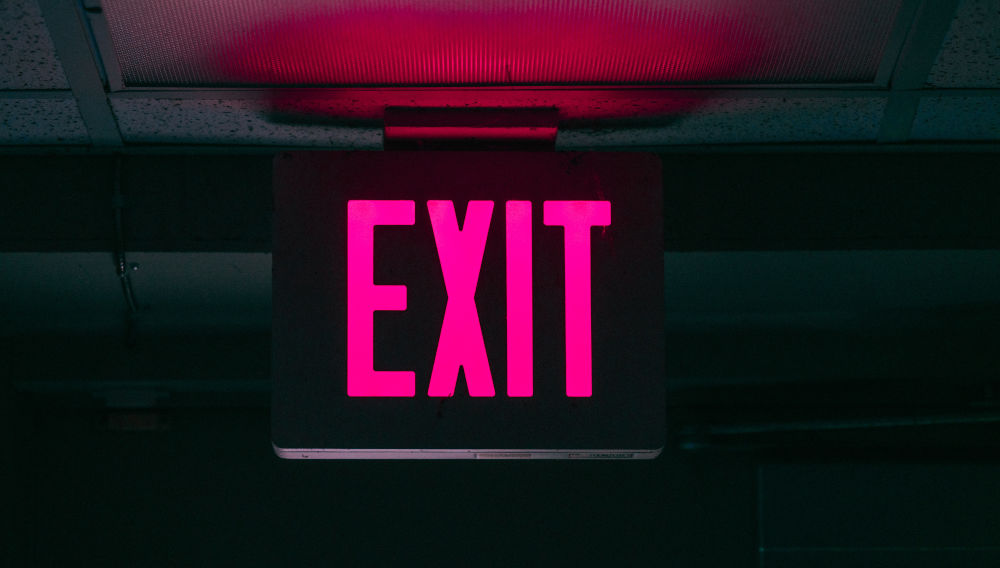
Podcasts
Timely and topical, the podcasts explore the stories that interest me. The episodes appear at irregular intervals.
No. 15: The sale of Stone Brewing
No. 14: The war in Ukraine – the view from the boardroom

Russia’s invasion of Ukraine has upended the existing world order: from one that was based on rules to one in which naked power rules. The age of globalisation is coming to a catastrophic close. In the brewing industry it has even gone into reverse as the Big Brewers are exiting a major beer market. No one knows if the fighting will last for weeks, months or years How are brewers to plan ahead? (19.05.2022)
No. 13: The Big Brewers’ 2022 financial outlooks: Don’t ask, don’t tell?

The Big Brewers issued their 2022 financial outlooks in February. They were remarkable insofar as Carlsberg, Heineken and AB-InBev refrained from commenting on geopolitical risks to their businesses – at a time when all our eyes were turned to Russia and its looming invasion of Ukraine. What can this possibly mean?
No. 12: AB-InBev and the stock market game
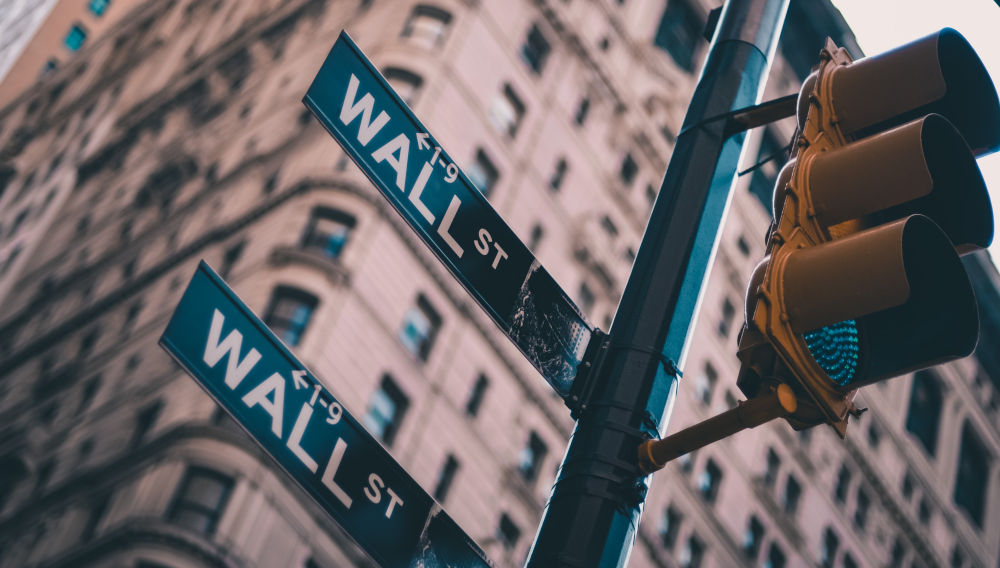
AB-InBev is trying to talk up its share price. It is trading at a significantly lower valuation than every single one of its peers, despite controlling a third of the global beer profit pool. As the economist John Maynard Keynes said: Financial markets are moved by animal spirits, and not by reason. In this podcast Ina Verstl and Ernst Faltermeier discuss if AB-InBev’s new strategy, which banks on organic growth, is likely to sway investors in a big way.
No. 11: The political CEO
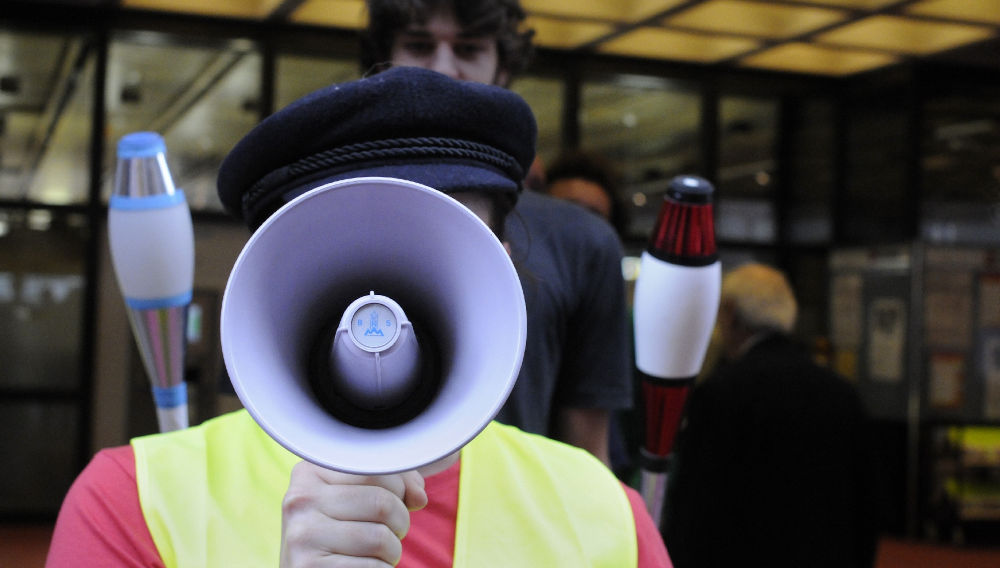
In today’s climate, political issues have become hotly contested. Activists are dragging business leaders into debates that have little to do with their commerce. But before brewers go and find a soapbox to stand on, they should be aware that whatever they say, they could potentially alienate half of their workforce and consumers. So what are they to do?
No. 10: The future of supply chains
No. 9: Direct to consumer
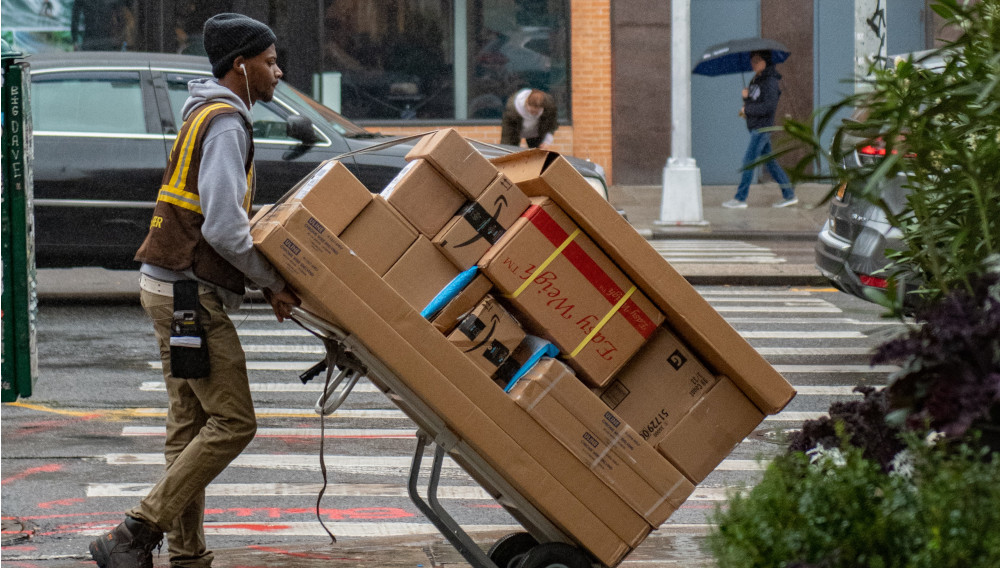
It was a remarkable admission by James Watt, one of the founders of Scottish craft brewer BrewDog: He said that in March 2020 he broke down in tears when the severity of covid-19 became clear: BrewDog had lost almost 70 percent of its revenue overnight, almost all of its 100 bars were closed, most of its export markets stopped ordering. Pivoting its website to prominently feature its online shop proved a way out. BrewDog ended a potentially ruinous year profitably. So what can craft brewers learn from BrewDog’s e-commerce model?
No. 8: Digitalisation

The latest deceptive buzzword in the brewing industry is digitalisation. Like all terms it can mean a whole lot of different things. Take the Drizly app. It is a piece of technology which was bought by Uber in February 2021, whereas Flaschenpost (message in a bottle), which was acquired by Germany’s major brewer Radeberger in December 2020, is fundamentally an old-economy type of beverage retailer that uses an app where people can order stuff. The world of shopping is undergoing an upheaval. For consumers the benefits are obvious: they will gain greater convenience from being able to shop either physically or virtually. But for retailers and producers the challenges are immense.
No. 7: Hard seltzers

Both Coke and Heineken announced they will be launching their hard seltzer brands in Europe this year. Tere are several barriers that any hard seltzer brand will need to overcome in Europe, starting with the fact that “seltzer” is not a word used here. Will consumers over here really fall for the hype of low calories in an alcoholic beverage? Besides, the powers that be in both Germany and the EU are already taking a long hard look at hard seltzers because it could be argued that they are akin to alcopops. Those drinks were taxed nearly out of existence in 2004. If this fate were to befall hard seltzers too, their time in the limelight in Europe could be brief.
No. 6: Organic beers

For all the hype and hope over sustainability, the market share of organic beers remains small. Is it because consumers do not want to pay more for them? Or is it because other purchasing criteria like flavour, style and support for the community are still more important?
No. 5: Narratives for the brewing industry
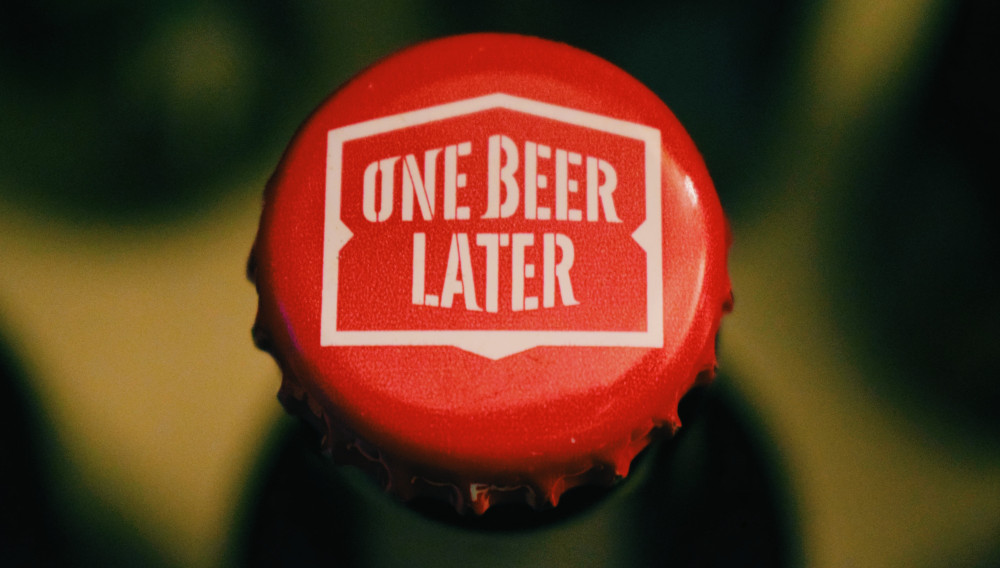
Narratives help us make sense of the world and ourselves. Take globalisation. It was presented to us as an inevitable process, forging global champions in its wake. In the brewing industry, the narrative of “biggest is best” was countered by the craft brewers’ own narrative, which was modelled on the biblical story of David and Goliath. These narratives have reached closure. Do we still need a compelling new narrative to maintain a conversation around beer?
No. 4: The legacy of the AB-InBev-SABMiller transaction: MegaBrew five years on
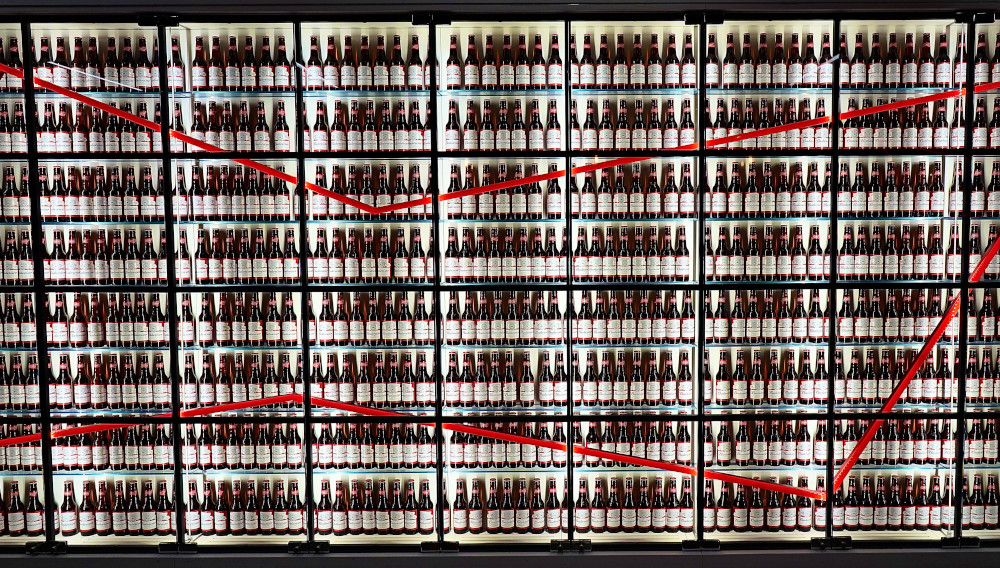
Dubbed MegaBrew, the merger between AB-InBev and SABMiller in 2016 combined the world’s two largest brewers. In the following years, AB-InBev unwound SABMiller little by little. But its megadebt has proven a headache. Was the whole thing really worth it?
No. 3: Dealmaking in the brewing industry
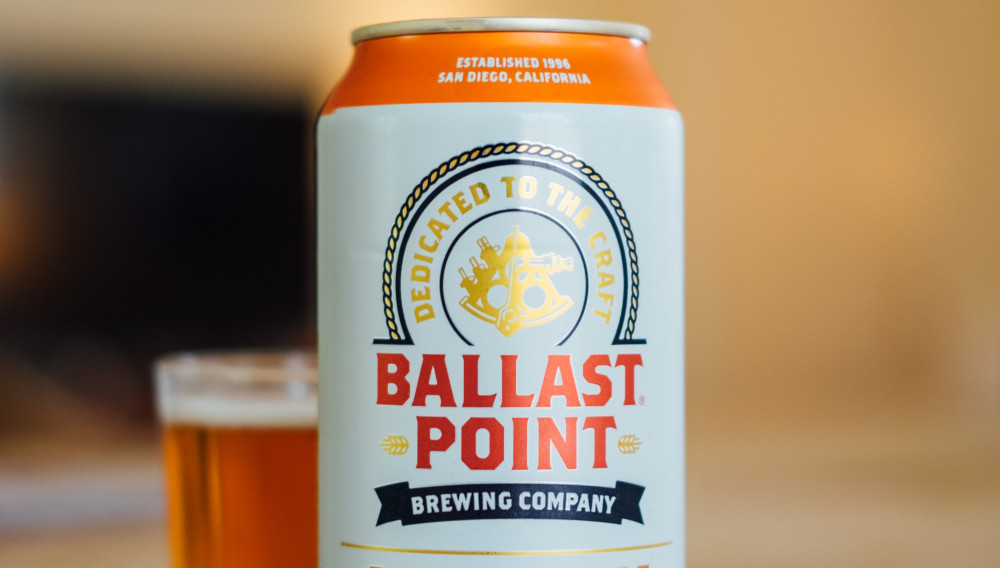
Through dealmaking the Big Brewers could bulk up more quickly than through organic growth. That is how they become global. But not all deals lived up to expectations. Constellation Brands’ purchase – and subsequent sale – of US craft brewer Ballast Point can serve as a warning.
No. 2: Is Brewing beer an essential industry?
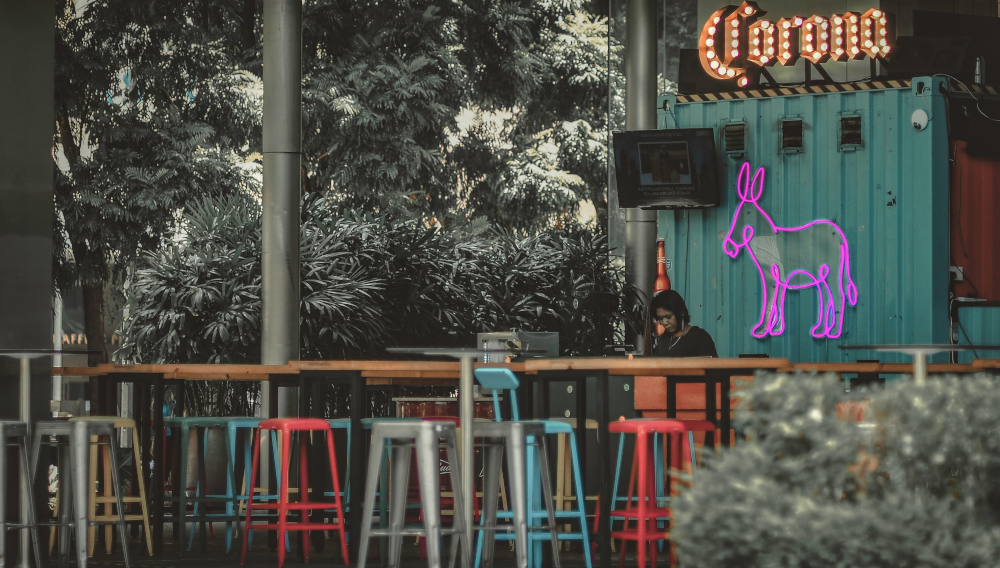
Only in times of crisis, do we suddenly become aware of how fragile our supply chains are. Considering how little food people usually keep at home in their fridges and cupboards, urbanites are just three meals away from starvation. But despite all the stock-piling around the world, beer supply chains weren’t disrupted during the pandemic. If there were empty shelves, it was because consumers thought they would survive on pasta, tomato sauce … and toilet rolls! Isn’t it strange that brewing beer wasn’t mentioned explicitly on any list of essential industries during the first lockdown?
No. 1: The brewing industry in an age of disruptions
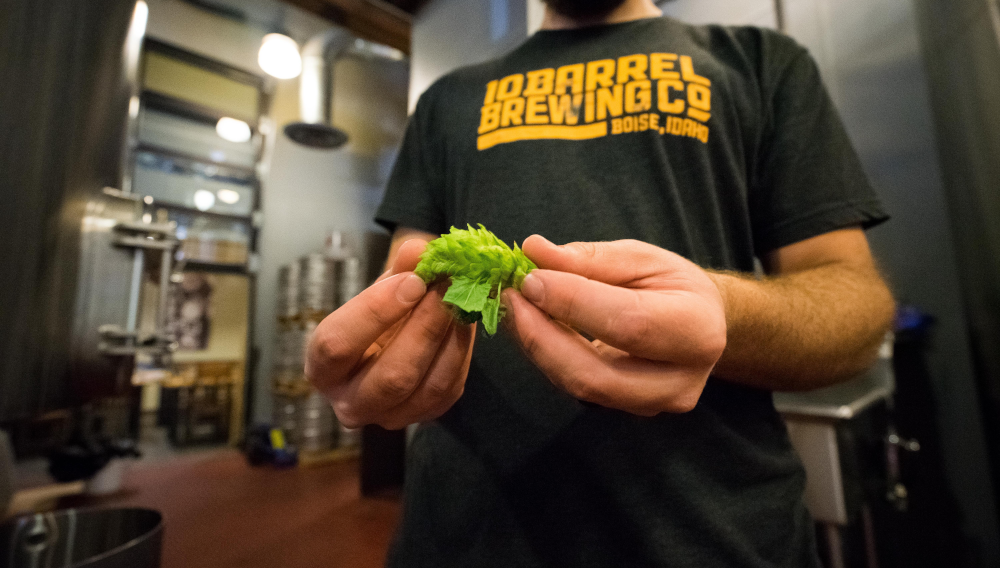
From globalisation itself to craft beer, the brewing industry has witnessed all kinds of disruptions. Even CEOs sought to become disruptors. And now we have the covid-19 pandemic, which has hit the industry unprepared.

